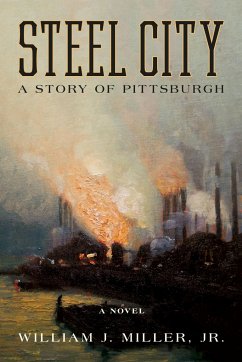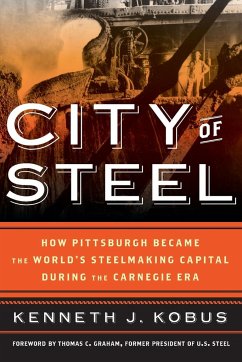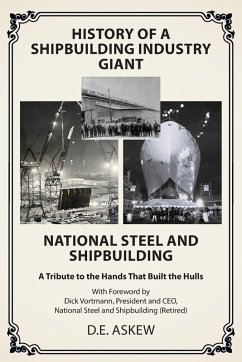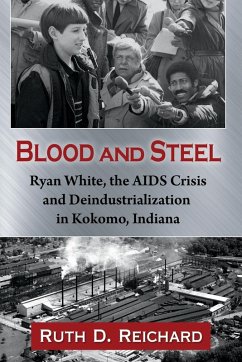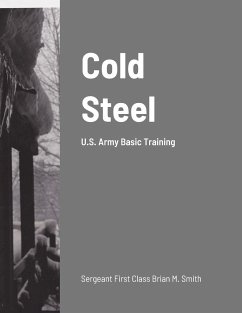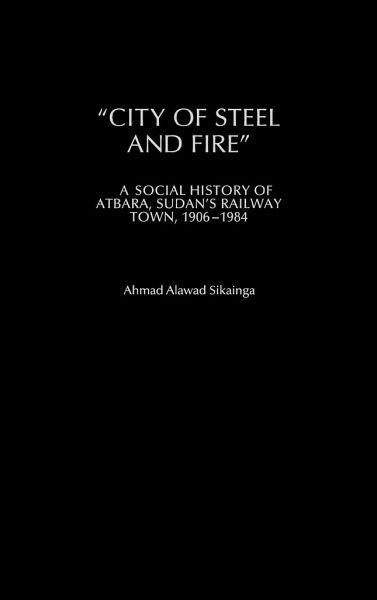
City of Steel and Fire
A Social History of Atbara, Sudan's Railway Town, 1906-1984
Versandkostenfrei!
Versandfertig in 1-2 Wochen
72,99 €
inkl. MwSt.

PAYBACK Punkte
36 °P sammeln!
The Sudanese working-class town of Atbara is the headquarters of the Sudan railways. Nicknamed City of Steel and Fire by Sudanese workers, the town remains a major site of labor activism and radical politics. This book chronicles the struggles of railway workers against the Sudanese colonial and postcolonial governments. Sikainga's text will interest Sudanese scholars, labor historians, and students of radical politics. Based on numerous oral interviews and extensive archival research, this book is destined to become the authoritative text on Sudanese labor history. For more than 50 years, the...
The Sudanese working-class town of Atbara is the headquarters of the Sudan railways. Nicknamed City of Steel and Fire by Sudanese workers, the town remains a major site of labor activism and radical politics. This book chronicles the struggles of railway workers against the Sudanese colonial and postcolonial governments. Sikainga's text will interest Sudanese scholars, labor historians, and students of radical politics. Based on numerous oral interviews and extensive archival research, this book is destined to become the authoritative text on Sudanese labor history. For more than 50 years, the railway workers of Atbara formed the core of the Sudanese working class and became one of the most dynamic and militant labor movements in Africa and the Middle East. A key characteristic of the Sudanese labor movement was its close association with the Sudanese Communist Party, the second largest communist party in Africa until its termination in 1971. Railway workers contributed to the demise of two military regimes: Ibrahim Abboud in 1964 and Jafaf Nimeiri in 1985.










